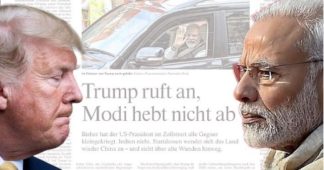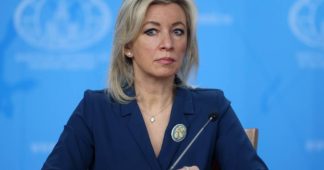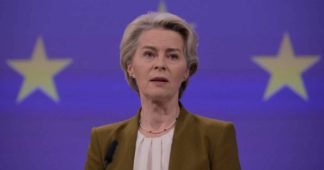Oct 21, 2025
Tokyo insists its energy policy will be guided by national interests, not foreign demands
Japan’s Trade Minister Yoji Muto announced on 21 October that Tokyo will base its energy import decisions on national interests, resisting pressure from the US to stop purchasing Russian oil and gas.
While Muto stressed Japan’s autonomy, he also noted that “since the invasion of Ukraine, Japan has been steadily reducing its dependence on Russian energy,” according to Reuters.
His remarks followed a meeting between US Treasury Secretary Scott Bessent and Japanese Finance Minister Katsunobu Kato, during which Bessent urged Japan to end all Russian oil and gas imports.
Muto stressed that Tokyo’s approach would balance energy security and diplomatic considerations.
“We recognise that LNG from Sakhalin-2 plays an extremely important role in Japan’s energy security,” he said, noting that the Russian project supplies roughly three percent of Japan’s electricity generation.
Despite formally joining the G7’s price-cap scheme – which limits how much countries can pay for Russian oil – Japan has kept exemptions in place due to its reliance on Sakhalin-2 for energy security.
In September, Tokyo lowered its price ceiling on Russian crude from $60 to $47.60 a barrel – a symbolic step to match Europe’s tighter cap, despite Japan’s exemption.
The US has intensified its campaign to cut Russian energy revenues by pressing top buyers, namely Japan, India, and China, to scale back purchases.
Washington argues that such steps would weaken Moscow’s ability to sustain its military operation in Ukraine.
Earlier this month, India also pushed back against US President Donald Trump’s claims that Indian Prime Minister Narendra Modi had agreed to halt Russian oil imports.
Indian Foreign Ministry spokesperson Randhir Jaiswal said India’s “import policies are guided entirely by the need to safeguard the interests of the Indian consumer,” emphasizing that diversification and stable pricing remain central to New Delhi’s strategy.
Beijing similarly dismissed the US demands, calling them “a typical example of unilateral bullying and economic coercion.”
Chinese Foreign Ministry spokesman Lin Jian said China conducts “normal, legitimate economic, trade, and energy cooperation with countries around the world, including Russia,” and warned of “firm countermeasures” if its interests are threatened.
Meanwhile, EU energy ministers last week agreed on a plan to ban Russian gas imports by the end of 2027, a move strongly backed by Washington.
The measure will prohibit short-term contracts by mid-2026 and phase out long-term deals 18 months later, while landlocked members such as Hungary and Slovakia will receive exemptions.
.
We remind our readers that publication of articles on our site does not mean that we agree with what is written. Our policy is to publish anything which we consider of interest, so as to assist our readers in forming their opinions. Sometimes we even publish articles with which we totally disagree, since we believe it is important for our readers to be informed on as wide a spectrum of views as possible.











